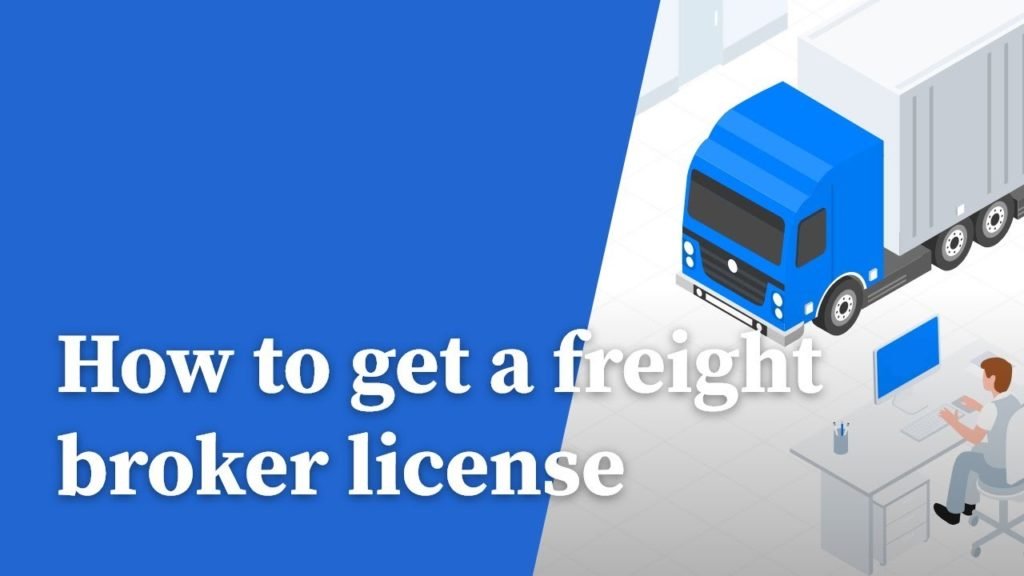If you’re in the logistics industry, you’ve probably heard of freight brokers. But what is a freight broker license, and why should you care about it? A freight broker is a professional who matches shippers with carriers.
They play an important role in the logistics industry and can help you get your products to market faster and more efficiently. Here’s what they are and what you must know about freight broker license requirements in Canada, and why you should care about them.
5 Reasons Why Should You Care About Freight Broker License
If you’re in the business of transporting goods, it’s important to have a freight broker license. Here are five reasons why:
- You need to have a license to operate as a freight broker. It’s as simple as that. Without a license, you could be subject to fines and other penalties.
- The process of obtaining a freight broker license is not easy. You have to pass the written exam and demonstrate the necessary skills and knowledge to do the job. This ensures that only the most qualified individuals are working as freight brokers.
- When you have a license, it shows that you are a professional. This can give you the competition and make it easier to win business.
- Most freight brokers are required to be bonded. This protects the shipper if you don’t fulfill your obligations. If you’re not licensed, it can be difficult to get connected.
- Many freight brokers purchase insurance to protect themselves and their businesses. If you’re not licensed, it can be difficult to get insurance.
These are a few reasons you should care about getting a freight broker license. If you’re in the business of transporting goods, it’s important to have a license.
How to Get a Freight Broker’s License?
A few requirements must be met to obtain a freight broker’s license. You must be 18 years old and have a high school diploma or equivalent. Otherwise, you won’t be eligible to get the license.

Now, there are a few things you need to do to get a freight broker’s license:
- First, you must complete a broker’s training course approved by the Federal Motor Carrier Safety Administration (FMCSA).
- Next, you’ll need to complete a broker’s surety bond and pass a broker’s exam.
- Finally, you must submit a license application to the Federal Motor Carrier Safety Administration (FMCSA).
Once you have met all of the requirements, you’ll be able to obtain your freight broker’s license and begin brokering shipments! Remember to stay compliant with all FMCSA regulations, and you’ll be in business in no time.
Conclusion
So, there you have it! A freight broker license is something to look into if you’re thinking of starting your own business in the logistics industry. Brokers play a critical role in connecting shippers with carriers; you can be your own boss with the right license.
You can get a few different licenses, so do your research and see which one is correct. And remember, if you need to know freight broker license requirements in Canada, you can always reach out to a professional licensing service like us!
